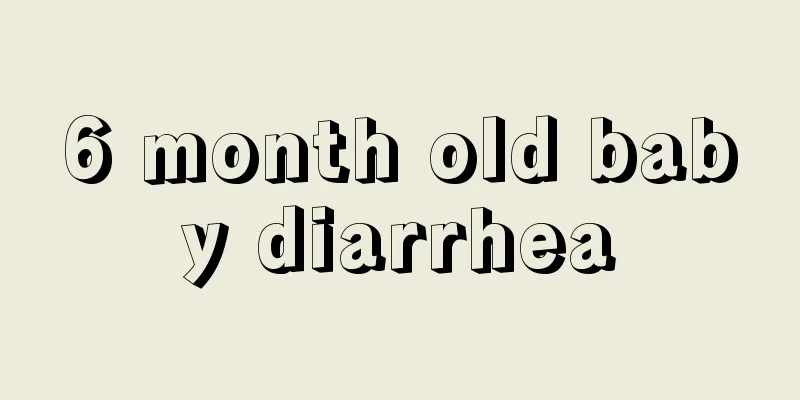What should I do if my newborn vomits milk after eating?

|
Some pregnant women may encounter a situation where the baby spit up milk after feeding their newborns. The newborn's demand for nutrition is very large after coming into the world, and because the newborn's digestive system is not fully developed, it can only supplement the nutrition needed for body development through breastfeeding. When faced with spitting up milk, parents need to deal with it in a timely manner. Here we will introduce what to do if a newborn baby spit up milk after feeding. Feeding tips to prevent spitting up and spitting up milk 1. Suitable time for breastfeeding Generally speaking, the best time to breastfeed is after a bath and diaper change. 2. Things to note when breastfeeding Before making milk, parents must wash their hands, add an appropriate amount of water of appropriate temperature (about 37 to 40 degrees Celsius) to the bottle, then add the correct amount of level spoons of milk powder (the concentration of each milk powder brand is different, so you must follow the instructions on the bottle to make it), put on the nipple cap tightly, and shake to mix evenly. Before feeding, test the temperature of the milk and the size of the milk hole (drop milk on the inside of your wrist to test the temperature; turn the bottle upside down, and it can drip drop by drop at a time). 3. Breastfeeding posture Lift the baby and place him/her in front of the womb at a 45-degree angle. Support the baby's head and neck with one arm, and hold the bottle with the other hand. Put the nipple into the baby's mouth, and place the nipple completely on the tongue. When feeding, make sure the milk in the bottle fills the nipple so that the baby does not inhale too much air. 4. Quantity and frequency of breastfeeding The amount of milk you feed each time should not exceed 240cc, for fear of vomiting and indigestion. So when feeding, if the baby stops sucking, try again a few times. If he still doesn't eat, don't force-feed him. He will naturally eat more next time. In principle, it is best to have a certain regularity when feeding babies. The number of feedings is related to age and weight. Babies under two months old should be fed about every four hours, a total of six times a day; from two to four months old, they should also be fed every four hours, but because most babies sleep through the night, the midnight feeding is omitted, making it five times a day; from four to six months old, four times a day is generally enough. Sometimes babies with very small weights need to be fed every three hours. If the milk is too diluted, the baby will get hungry very quickly, and it will be impossible to feed on time. |
<<: What are the symptoms of low blood calcium in babies?
>>: How long does it take to straighten teeth at a 12 year old?
Recommend
White spots on children
Parents all hope that their children will get sic...
What are the baby growth indicators?
Every parent hopes that their children can grow u...
Calcium supplement recipes for 10-month-old babies
Calcium supplementation for children is a particu...
How to mix juice for babies?
If you have a baby at home, parents can give the ...
Height standard for 18-month-old baby
When many parents with children get together, wha...
How to teach autistic children to speak?
If parents are not told that their child has auti...
What is the superstitious way to deal with children crying at night?
Children often cry at night, which is a headache ...
What should I do if my child has acute enteritis?
The main symptoms of acute enteritis are diarrhea...
When is the best time to correct children's teeth?
I believe that the problem of tooth deformity is ...
What are the dangers of children snoring at night?
When you sleep, your body is in a resting state. ...
What causes fever on the back of the child's head?
Children have poor resistance when they are young...
Healthy recipes for six-year-olds
The physical growth of preschool children is very...
What is children's cough massage?
Coughing is a common symptom of pediatric disease...
When is the oral stage for babies?
The development of the baby's oral stage begi...
What to do if your 15-month-old baby walks unsteadily
What is the reason why children walk unsteadily? ...









